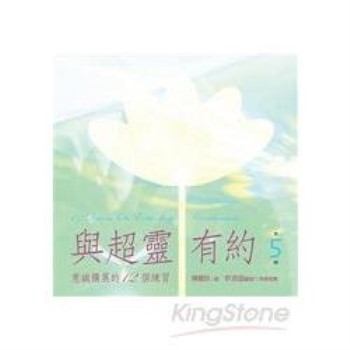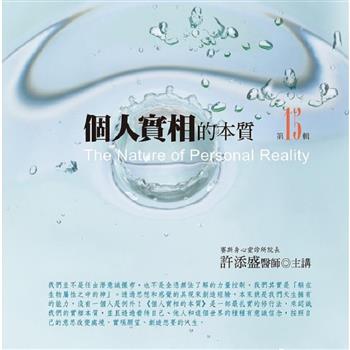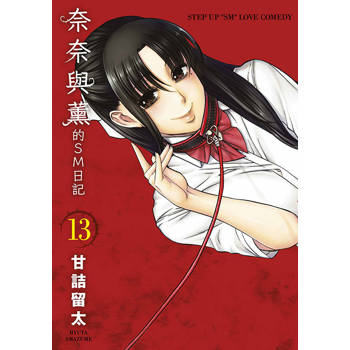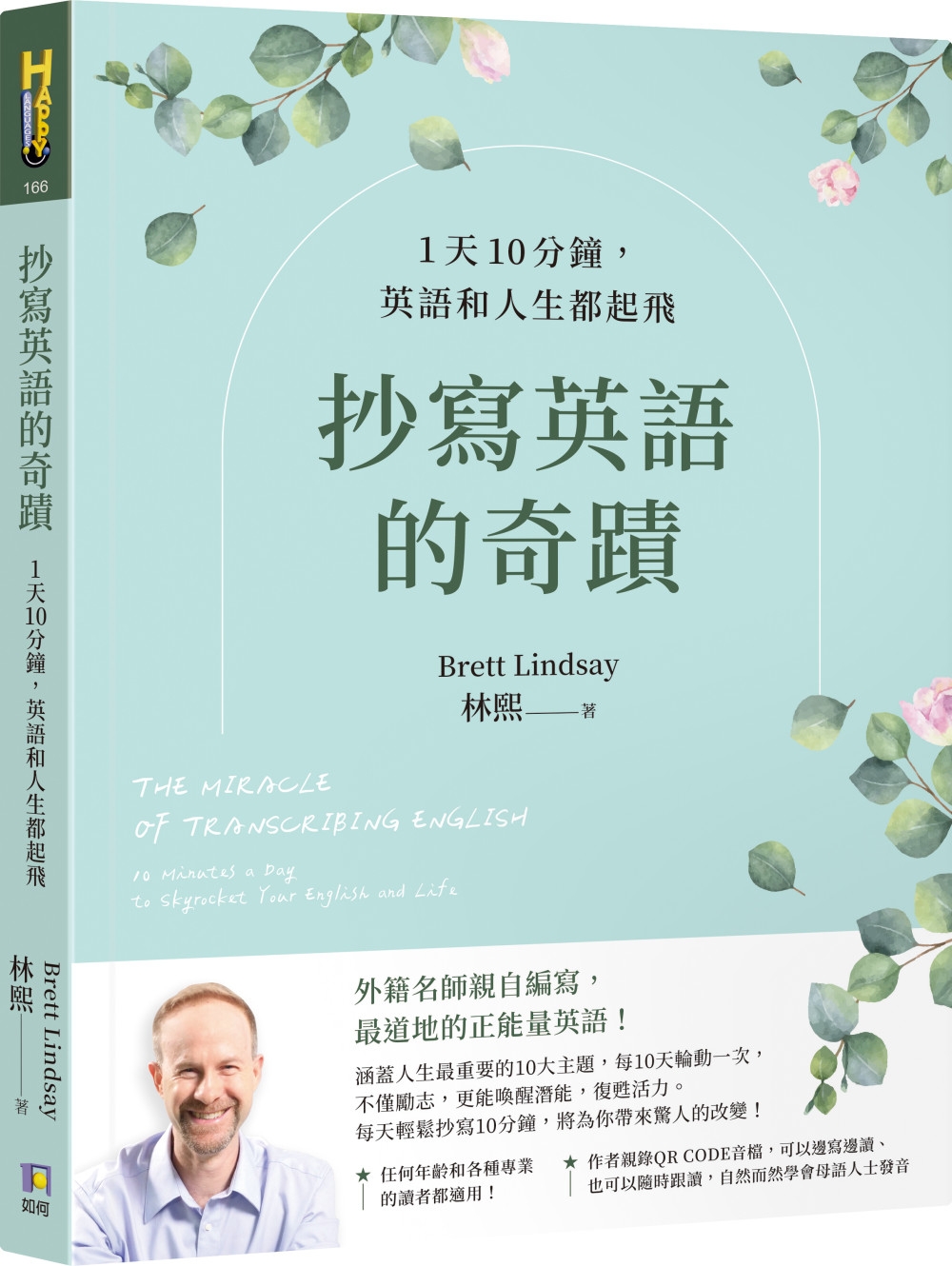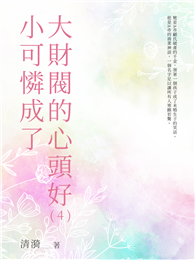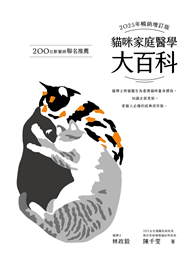This book offers an inspiring and insightful look into the lives of 10 extraordinary female scholars, or Sheikhahs, who dedicated their lives to the study, memorization, and teaching of the Qur’ān. These women, though often working behind the scenes of history, made invaluable contributions to the preservation and transmission of Qur’ānic knowledge. Their influence reached far and wide, with students from all over the world seeking their expertise and wisdom.
The author has carefully gathered the biographical details of these Sheikhahs from various sources, including the teachings of Mawlana Salīm Gaibie, print and online articles, and personal interviews. These biographies not only highlight the Sheikhahs’ achievements but also underscore their connections to other scholars-teachers who guided them and students who continued their legacy. The inclusion of these scholarly lineages helps to cement the place of these women in the rich history of Qur’ānic scholarship.
The book also explores the diversity within female Islamic scholarship. Among the Sheikhahs profiled, you will read about the first female hafidha (one who has memorized the Qur’ān) in Cape Town and the first South African woman to obtain ijāzah (certification) in the 14 Qirāʾāt, including the 10 major and 4 lesser-known Qirāʾāt. One of the most intriguing stories is that of Sheikhah Amat-Allah, who, while a hafidha, chose to focus her studies on hadith, reflecting the wide range of scholarly pursuits undertaken by these women.
At the end of each biography, the author provides his own chain of transmission (sanad) to these Sheikhahs, demonstrating the enduring nature of Islamic knowledge. This unique inclusion allows readers to appreciate the scholarly connections between past and present, reinforcing the idea that the legacies of these remarkable women continue through their students, even after their passing.
In addition to celebrating the achievements of these scholars, this book also reflects on the broader role of women in Islamic learning, showing that men and women have historically shared the responsibility of acquiring and transmitting knowledge. In today’s world, with the rise of online learning and institutions dedicated to female scholarship, studying the Qur’ān has become even more accessible to women, offering new opportunities for future generations to engage with and preserve the Qur’ānic legacy.
This book is a must-read for anyone interested in Islamic scholarship, women’s contributions to religious knowledge, or the history of Qur’ānic studies. Through the stories of these extraordinary women, readers are encouraged to engage more deeply with the Qur’ān, whether through reading, memorization, or interpretation, and to become part of the ongoing legacy of its preservation.
May the lives of these Sheikhahs inspire you to seek the beauty and wisdom of the Qur’ān and contribute to its enduring legacy.

